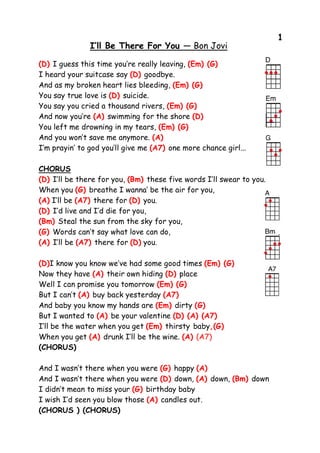

If your Down syndrome screening shows a higher chance of Down syndrome, you may want to take a diagnostic test to confirm or rule out a diagnosis.ĭown syndrome diagnostic tests done during pregnancy include: Your provider may order one or both of these tests. A quadruple screen test looks for four different substances and is done between the 15th and 20th week of pregnancy. It is done between the 16th and 18th week of pregnancy. A triple screen test looks for three different substances. These are blood tests that also look for certain substances in the mother's blood that may be a sign of Down syndrome. The test is done between the 10th and 14th week of pregnancy. The screening also includes an ultrasound, an imaging test that looks at the unborn baby for signs of Down syndrome. If levels are not normal, it means there is a higher chance of the baby having Down syndrome.

Other types of tests confirm or rule out the diagnosis. People with these disorders usually have fewer of the characteristics and health problems associated with the common form of Down syndrome.ĭown syndrome screening tests show whether your unborn baby is more likely to have Down syndrome. In two rare forms of Down syndrome, called mosaic trisomy 21 and translocation trisomy 21, the extra chromosome doesn't show up in every cell. The extra chromosome changes the way the body and brain develop.ĭown syndrome, also called trisomy 21, is the most common chromosome disorder in the United States.In Down syndrome, there is an extra copy of chromosome 21.One of each pair of chromosomes comes from your mother, and the other pair comes from your father.

People normally have 46 chromosomes, divided into 23 pairs, in each cell.They carry information that determines your unique traits, such as height and eye color. Genes are parts of DNA passed down from your mother and father. Down syndrome is a type of chromosome disorder.Ĭhromosomes are the parts of your cells that contain your genes. These may include heart defects, hearing loss, and thyroid disease. Down syndrome is a disorder that causes intellectual disabilities, distinctive physical features, and various health problems.


 0 kommentar(er)
0 kommentar(er)
